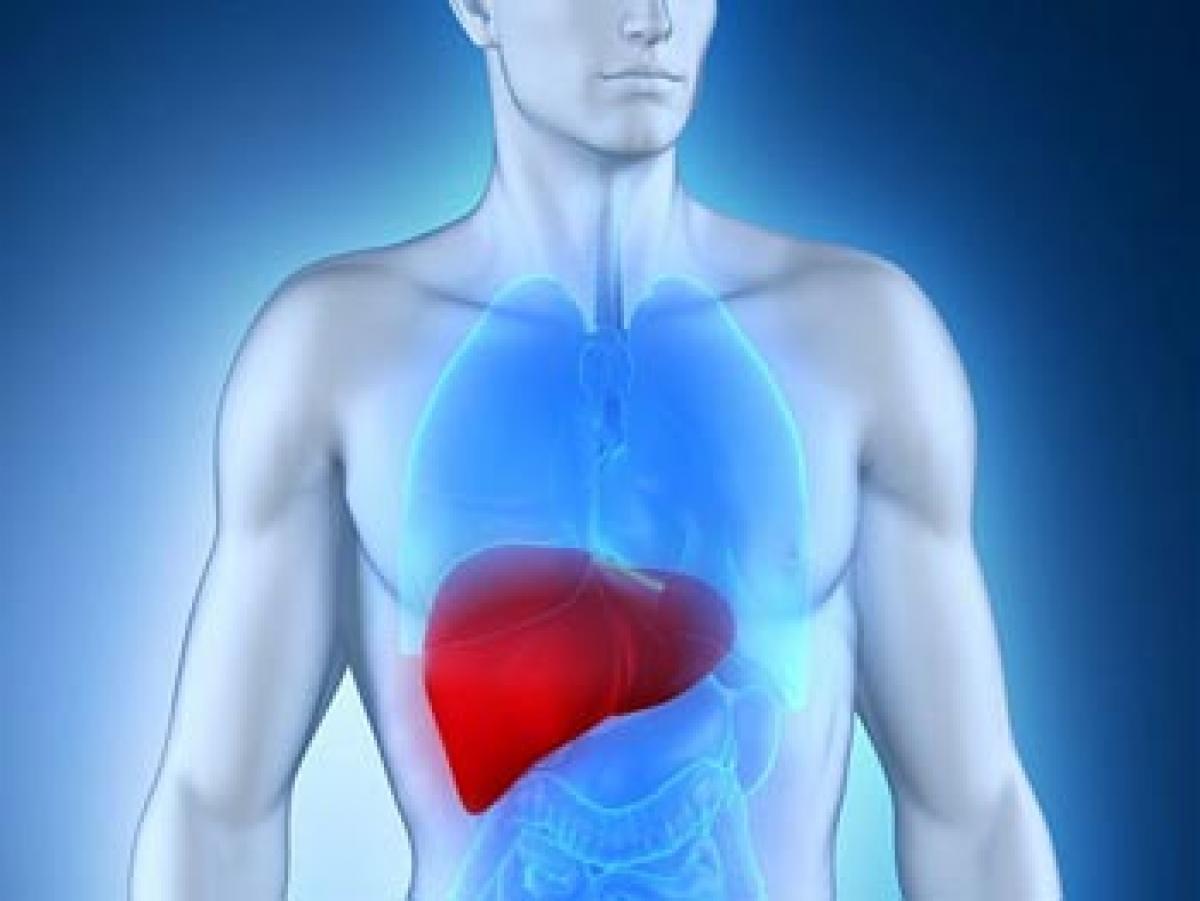Live
- Guru Nanak Jayanti 2024: Date, Time, Significance, and Celebrations
- Sunita Williams Addresses Health Concerns and Body Changes During Her ISS Mission
- Three die in Bihar; police suspect consumption of spurious alcohol killed them
- Madurai High Court Denies Anticipatory Bail for Kasturi Shankar in Controversial Remarks Case
- Cong's Pramod Tiwari backs students' protest in Prayagraj; calls demands justified
- Nara Lokesh Addresses DSC Process, says it will be completed by next academic year
- Transgenders to be appointed as traffic volunteers in Hyderabad
- Singham Again Box Office Decline: Ajay Devgn's Cop Drama Faces Tough Competition as Earnings Dip
- Jaya Bachchan Begins Filming for ‘Dil Ka Darwaaza Khol Na Darling’ with Siddhant Chaturvedi and Wamiqa Gabbi
- Telangana Issues Legal Notice to Diljit Dosanjh Ahead His Concert in Hyderabad





 Hepatitis C, a liver infection caused by a virus, may increase the risk of developing Parkinson's disease, a common degenerative brain disorder.
Hepatitis C, a liver infection caused by a virus, may increase the risk of developing Parkinson's disease, a common degenerative brain disorder. 



